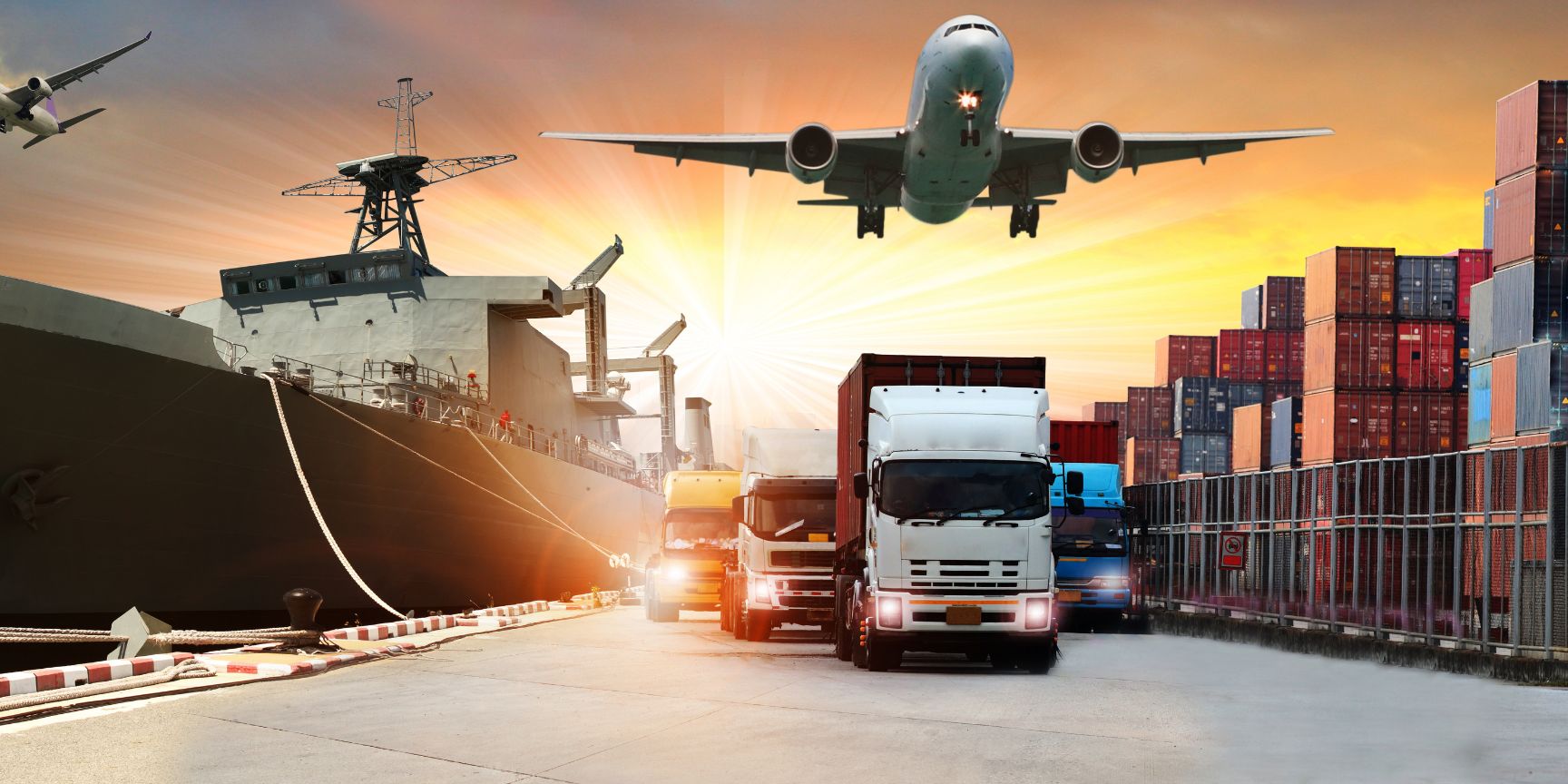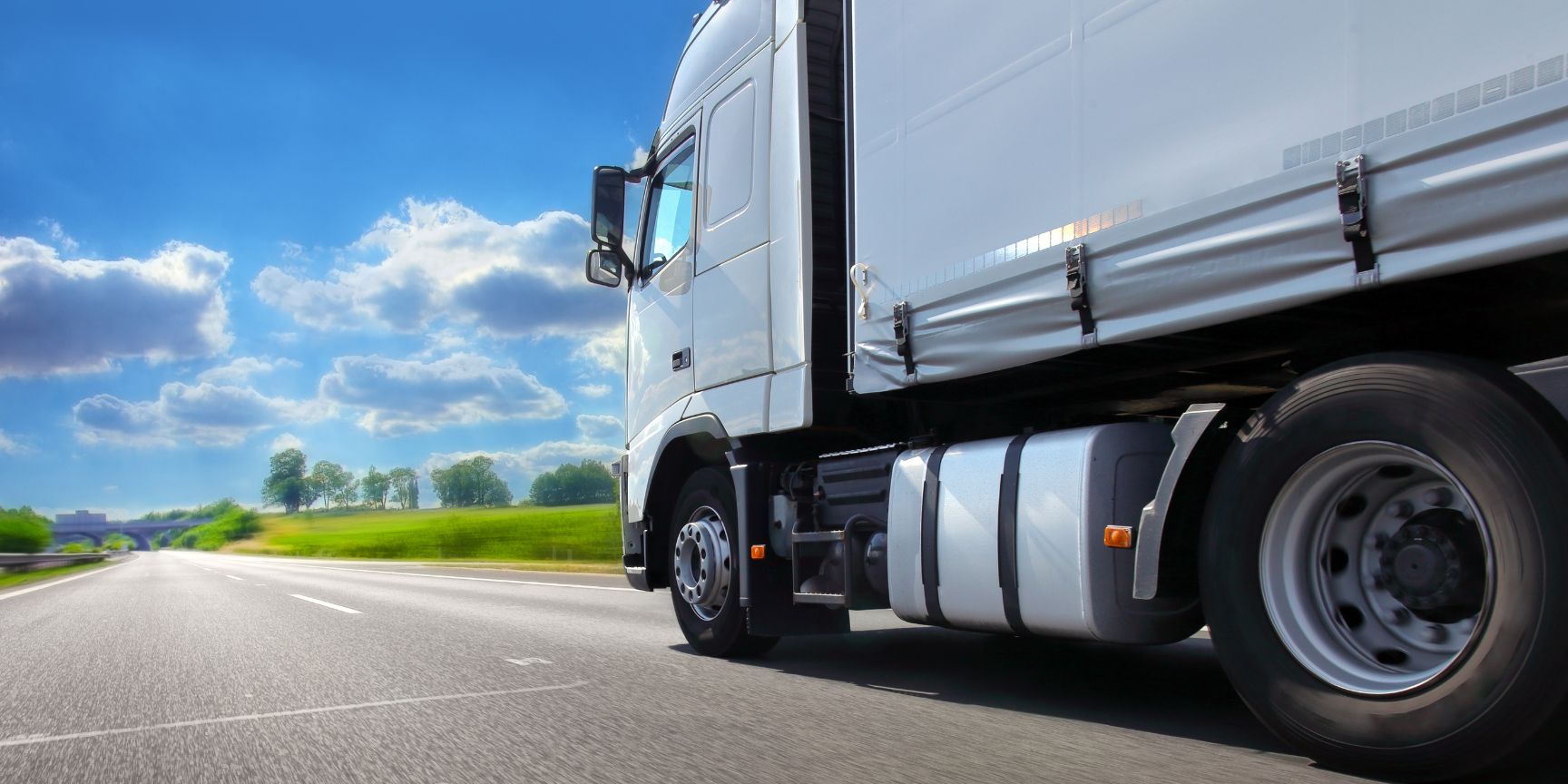
Transport
Table of contents
Optimised transport: the key to logistics
Transport in logistics is crucial for the efficient and cost-effective transport of goods. The main modes of transport include lorry, rail, ship and air, each with its own specific advantages and disadvantages. The choice of transport mode depends on factors such as cost, speed, type of goods and distance. Companies optimise their logistics through careful route planning and intermodal solutions that combine different modes of transport. Safety, legal regulations and sustainability are becoming increasingly important. Overall, transport ensures that products are available at the right place on time and contributes significantly to the efficiency of the entire supply chain.
Diverse modes of transport for every need
There are various modes of transport that can be used depending on requirements: Land, air and water transport. Land transport offers flexibility with cars, buses and trains. Air transport is fast for long distances, while water transport is cost-effective for transporting large volumes for global trade. Alternatives such as pipeline transport for liquids and local public transport complete the range. Each mode of transport has specific advantages and disadvantages that need to be taken into account when making a choice in freight transport. In Germany, lorries, rail and waterways are available; companies should weigh up factors such as cost, time and environmental impact.

Efficient transport solutions for strong competitiveness
Efficient transport solutions are crucial for competitiveness in German freight transport. Companies are adapting their strategies to meet the increasing demand for fast and reliable deliveries. The use of modern trucks and intelligent transport management systems increases efficiency by integrating different modes of transport. innovative technologies, while data analyses help to optimise processes and reduce costs. In a time- and efficiency-driven world, it is essential to continuously modernise transport strategies to ensure long-term success.
Transport costs per kilometre vary greatly and depend on factors such as the means of transport, type of goods and region. In Germany, prices for truck transports are usually between 1.50 and 2.50 euros per kilometre. Short-distance transport is often more expensive, as fixed costs have to be spread over a shorter distance. Seasonal fluctuations in demand can also lead to price increases. Many haulage companies offer graduated prices where the costs fall as the number of kilometres increases. Additional services such as loading and unloading as well as special packaging increase the overall costs. Salaries in the transport industry vary depending on profession, region and experience. Lorry drivers earn on average between 2,500 and 3,500 euros gross per month, while dispatchers can receive between 3,000 and 4,500 euros. Managers reach salaries of 5,000 to 8,000 euros gross per month, supplemented by possible bonus payments and benefits. The economic situation can also have an impact on overtime pay, which is why it is advisable to find out about current salaries in the respective region.

Transport of the future: automation and efficiency
Modern technologies are revolutionising transport and optimising logistics. Automated lorries and intelligent route planning increase speed and reduce costs in freight transport, especially in Germany. Companies benefit from innovative solutions that are presented at trade fairs in Munich. Data analysis plays a central role by providing valuable information for optimising supply chains. Sustainability is becoming increasingly important: zero-emission trucks and alternative drive technologies reduce CO2 emissions and improve transport management. The integration of automation increases efficiency by minimising human error and speeding up processes. Companies should follow current trends and utilise information sources such as newsletters in order to remain competitive. These advances not only lead to cost reductions, but also to a more sustainable logistics industry.
